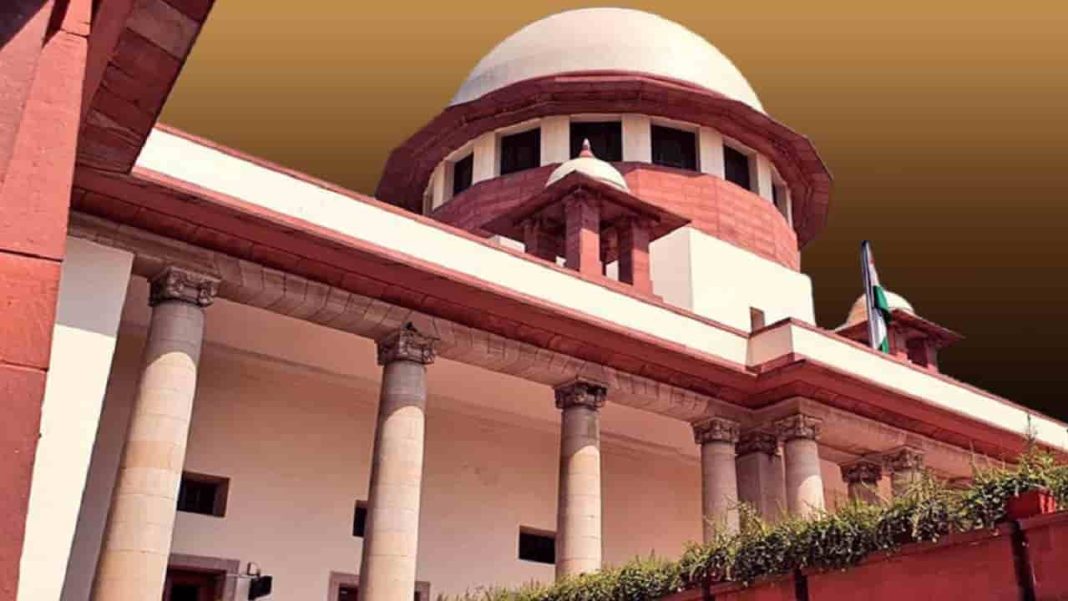The Supreme Court has expressed its strong reservation on the FIRs lodged against members of the Editors Guild of India by Manipur Police over a fact-finding report published by them, noting that even if the EGI’s report was assumed to be false, making false statements in an article, by itself, did not attract an offence under Section 153A of the Indian Penal Code (IPC).
The Bench of Chief Justice of India D.Y. Chandrachud, Justice P.S. Narasimha and Justice Manoj Misra made the oral observations on a writ petition, jointly filed by journalists Seema Guha, Sanjay Kapoor, Bharat Bhushan, and the EGI President.
Calling the complaint filed against the EGI members as a ‘counter-narrative’ of the government, the Apex Court granted two weeks to the Manipur police and the complainant to file their response in the matter.
The Bench further extended the interim order granting protection to the EGI journalists from coercive actions based on the FIR.
Appearing for the complainant, Senior Advocate Guru Krishnakumar submitted that a committee appointed by the Apex Court was doing some good work in Manipur, but this report was aggravating the problem. There was a relaxation of curfew, however, it had to be reinforced after this report.
Pointing out that the report was instigating things in the state of Manipur, Krishnakumar sought withdrawal of the EGI report on the grounds that it would end the problem.
He further said that if the report was withdrawn, the complainant will not press for the complaint.
Representing the EGI, Senior Advocate Shyam Divan argued that the weblink of EGI had published counter-views to the report.
Appearing for the State of Manipur, Solicitor Tushar Mehta objected to the Supreme Court entertaining the petition and said that the petitioners should avail of the remedy before the High Court.
The CJI then asked Senior Advocate Krishnakumar whether it would help if the counter view of the complainant was also put on the web link.
Krishnakumar responded that it would not undo the damage done by them.
The Bench then asked him to show how any of the offences mentioned in the complaint were being made out.
To this, Krishnakumar stated that the complainant will submit a response.
The Apex Court then observed that the lawyer had to establish that the ingredients of the offence were being made out in the complaint. The Court would have to proceed on a demurrer that all these allegations made in the complaint were true.
The Senior Counsel contended that an FIR or a complaint could not be treated as an encyclopaedia and that an investigation had to take place.
The Apex Court, while terming the ‘entire’ complaint as a ‘counter-narrative’ of the government, directed the complainant to show the court whether the complaint even made out a whisper of the ingredients of the offence.
The Bench pointed out that making a false statement in an article was not an offence under Section 153A. It may be incorrect, but incorrect things were reported all across the country every day. It asked the lawyer whether he would prosecute the journalists for 153A?
The SG then intervened to say that the Court may not delve deep into the issue of merits of the complaint and suggested that only the petitioners’ prayer to approach the Delhi High Court (instead of the Manipur High Court) be considered.
The top court of the country granted the respondents time to file a response. However, it pointed out that the EGI visited the place at the invitation of the Indian Army.
(Case title: Seema Guha And Ors vs The State Of Manipur And Anr)


